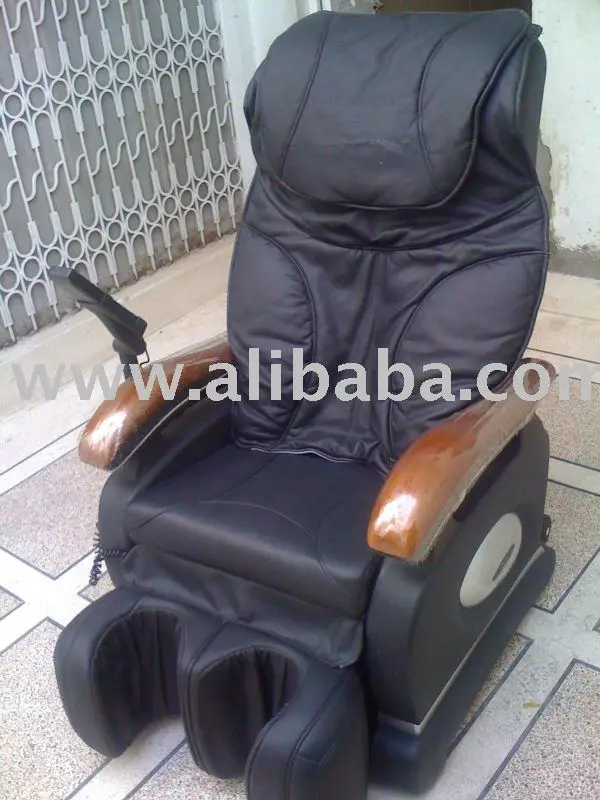


THC pills are easier to see as medicine than delicious treats that make consumers happy in more ways than one. Another convenience is that patients know exactly how much THC they are putting into their bodies since each capsule in a pack will have a uniform cannabinoid content. Parents should make sure not to start administering THC pills to their children without the approval of their pediatrician. This is a particularly important consideration to make for pediatric patients who may be too young to safely attempt more complex methods of consumption. You don’t need a lighter, blow torch, atomizer, bong, bowl, or paper sheet to get the job done. In addition to their subtlety, THC pills are as convenient to ingest as a vitamin.

Because they lack the synergy between naturally occurring compounds in the cannabis plant, these synthetic cannabinoid therapies tend to have more severe side effects than whole-plant cannabis products.Ĭonvenience. Both nabilone and dronabinol are used to medicate chemotherapy-induced nausea. Although nabilone and dronabinol are designed to mimic cannabis, they are federally legal medications regulated by the FDA while cannabis remains classified as a Schedule I drug. Synthetic THC pills like nabilone and dronabinol (Marinol) are made with compounds that imitate the effects of natural cannabinoids. Because the pills contain medicine extracted directly from the natural plant, they tend to contain a combination of cannabinoids rather than an isolated one. These soft- or hard-shell pills contain liquid concentrates or ground up flower. Pills containing botanical extracts are considered whole-plant cannabis products. THC pills are ingestible capsules that contain botanical extracts of the cannabis plant or synthetic cannabinoids.


 0 kommentar(er)
0 kommentar(er)
